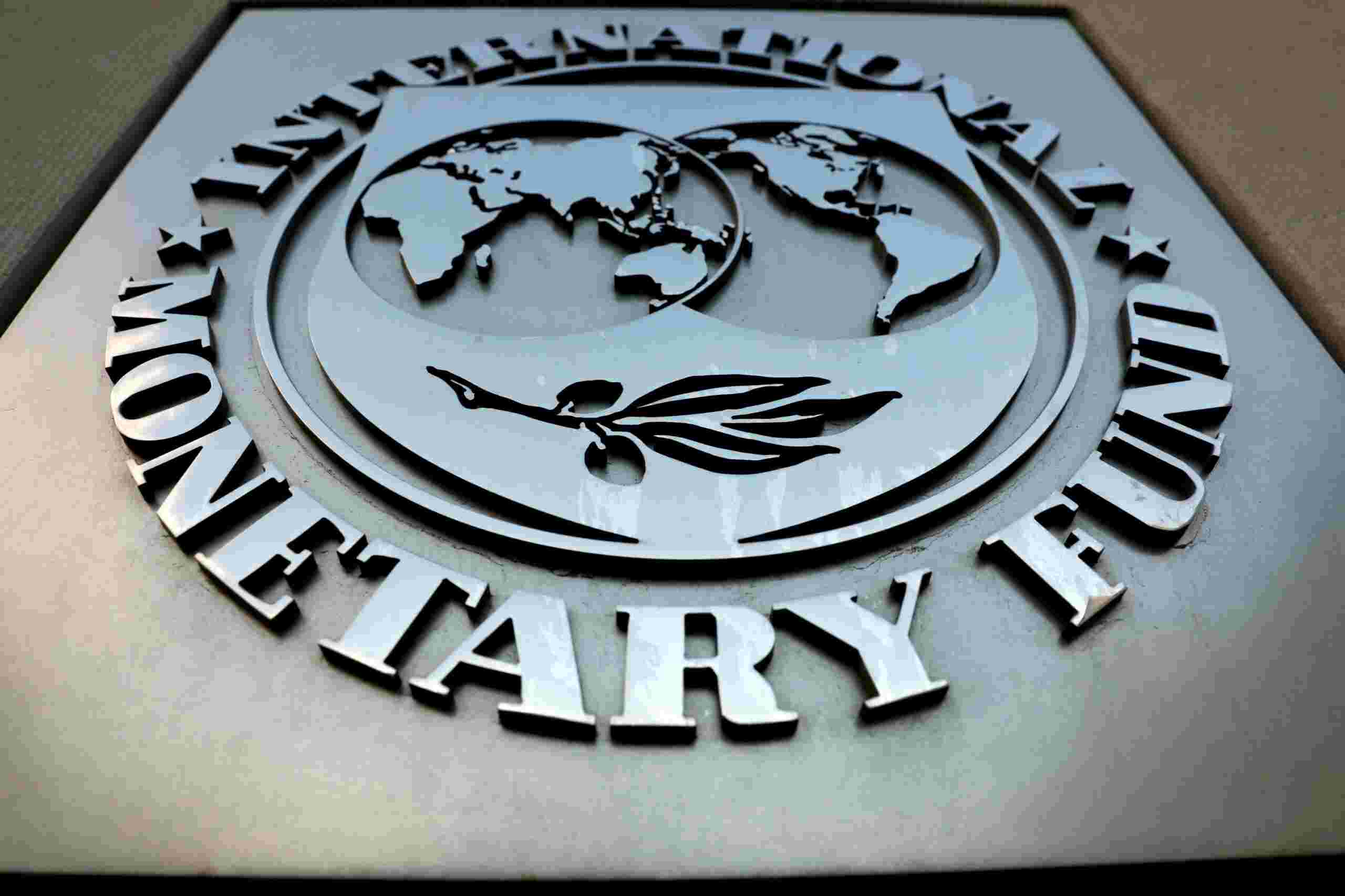ISLAMABAD (ABC) — While the resumption of the IMF program may provide temporary relief to Pakistan’s foreign exchange reserves and alleviate immediate economic pressures, it is poised to exacerbate challenges for the government in the long term, opined Raja Waseem Hassan, spokesperson for the Pakistan Industries and Trade Front (PIAF), while talking to WealthPK.
The government and its proponents expressed satisfaction over securing a loan from the IMF, albeit with interest. However, the terms attached to this loan, whether stringent or lenient, have not been explicitly disclosed by the government.
The government has not provided any indication about the potential increments in taxation rates, as well as the anticipated rises in prices for petrol, electricity, and gas.
“Nevertheless, the IMF has explicitly stated that the government has agreed to adhere to their conditions seeking an escalation in the electricity and petrol prices.
Such actions are anticipated to catalyze a fresh wave of inflation in the foreseeable future, exacerbating hardships for the society’s segments already grappling with basic sustenance,” he said.
In such circumstances, the stringent IMF conditions pose a formidable challenge to Pakistan’s industrial sector.
These conditions typically involve fiscal consolidation and structural reforms, resulting in higher taxation, subsidy reductions, and increased utility prices, notably for electricity and fuel, the PIAF official elaborated.
Given the sector’s existing struggles with inadequate infrastructure, energy deficits, and limited access to financing, these additional burdens will significantly impede industrial operations.
“In light of these concerns, it is imperative for the policymakers to carefully evaluate the long-term implications of the IMF agreements and consider alternative strategies that prioritize economic stability, inclusive growth, and the welfare of the Pakistani people.
Only through prudent and forward-thinking policies can Pakistan navigate these challenges and chart a path towards sustainable economic progress,” he added.
“As an alternative to going to the IMF for a balance of payments support, Pakistan should develop a concrete policy of curbing imports, promoting exports and remittances, floating bonds in the international market, attracting foreign direct investment, and introducing wide-ranging structural reforms,” he suggested.
Talking with WealthPK, Majid Shabbir, Advisor at Islamabad Chamber of Commerce and Industries, said as Pakistan borrows increasingly substantial sums from the IMF, the corresponding magnitude of repayment obligations grows proportionally.
However, with limited foreign exchange earnings, there’s concern that these funds won’t be adequate to cover the escalating repayment amounts.
“Pakistan should focus on modernization and upgrading its manufacturing sector to increase exports for an inclusive and durable economic growth and bridge the current account deficit,” he opined.
He cautioned that achieving economic self-sufficiency would require steadfast commitment and collaboration from both the public and private sectors.
“The transition towards a more export-oriented economy will not happen overnight. It demands a comprehensive strategy, sustained investments, and unwavering determination from all stakeholders,” he opined.

